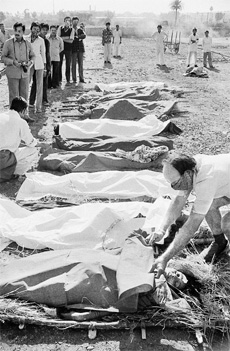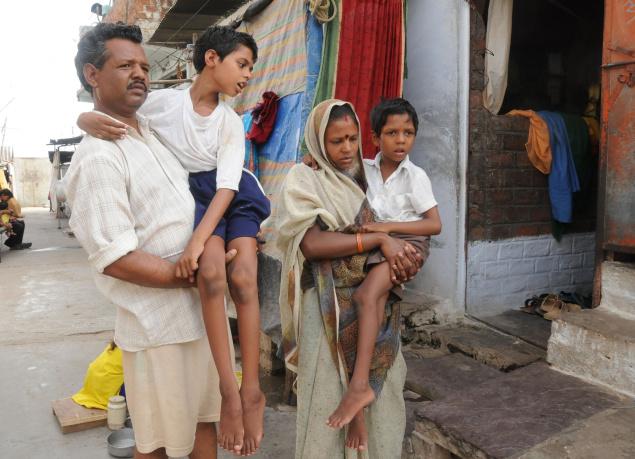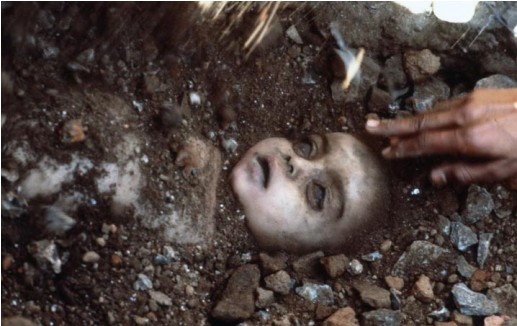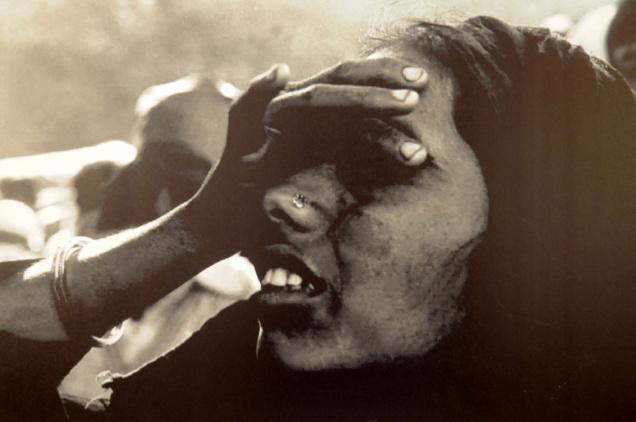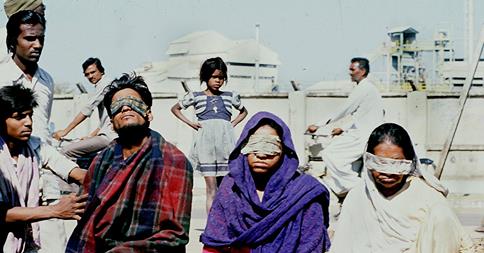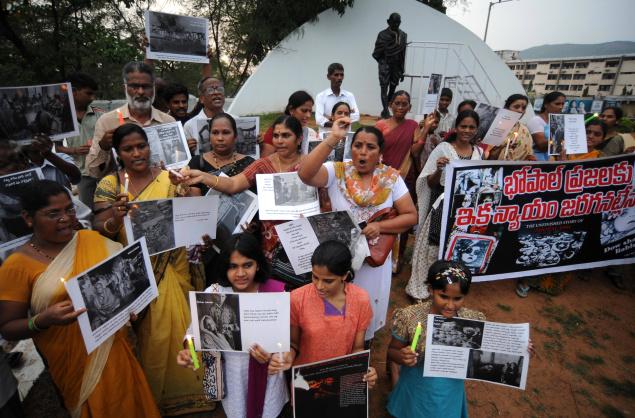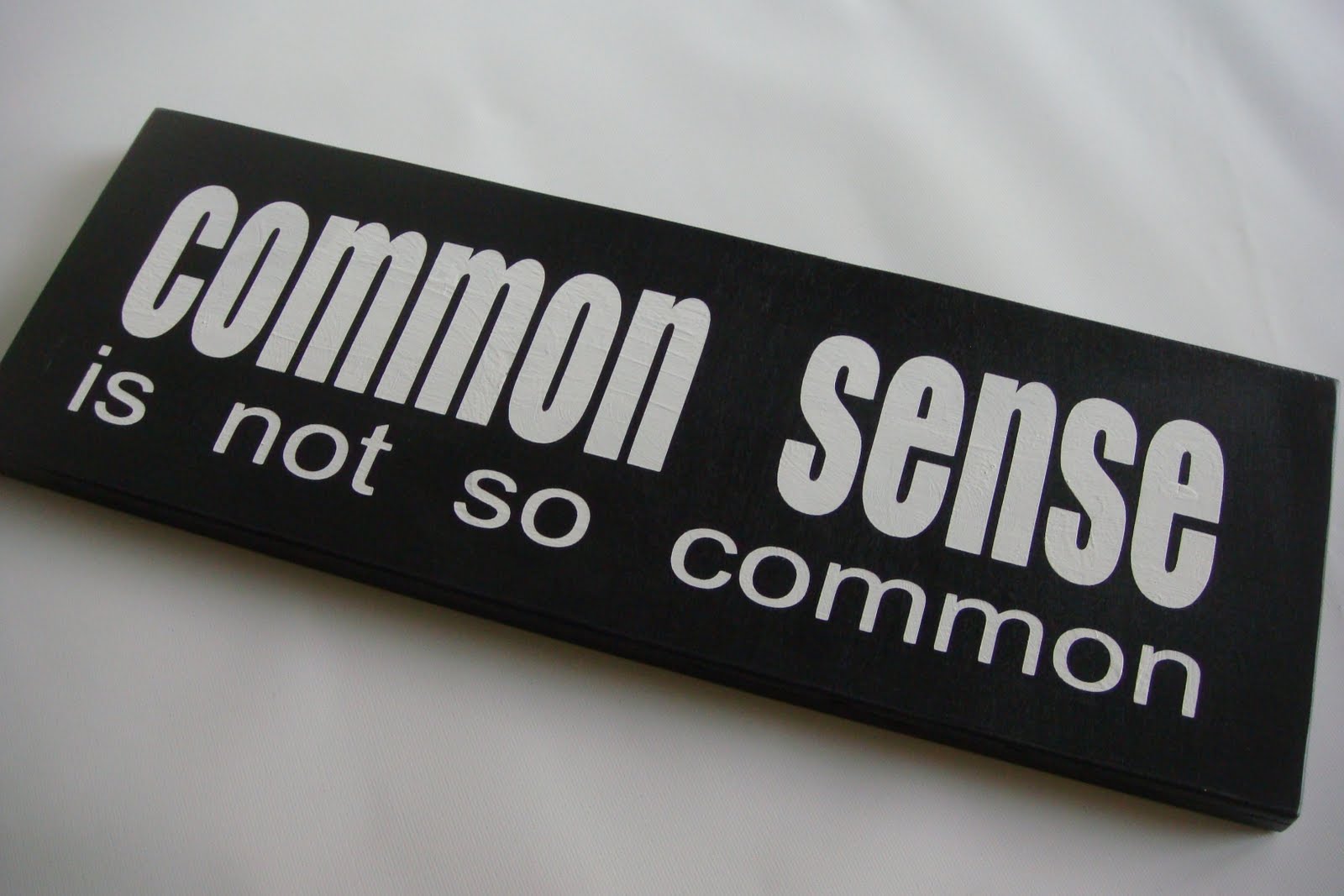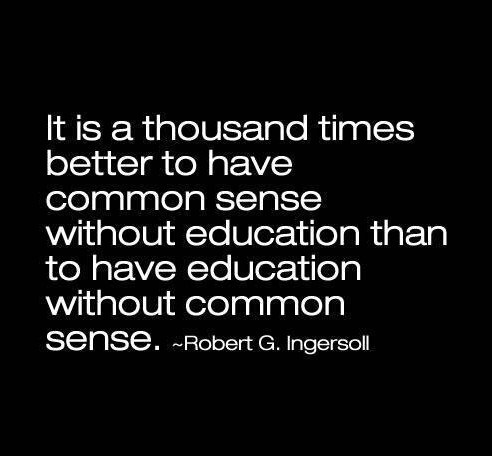The recent earthquake in Nepal has case extensive damage in the Himalayan country. Thousands of lives have been lost. Many children have become orphans the damage to the infrastructure is incalculable. In the circumstances India played its role to help Nepal, a nation in peril.
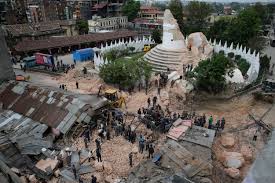
Sadly our television media reached Kathmandu and other places to cover the disaster. I said sadly, because instead of providing information to evoke sympathy that would motivate people to help; our TV jokers engaged themselves in extracting TRPs. Disaster is not to be treated thus. It is inhuman to ask a person who has lost his near ones ‘How do you feel?’. These TV reporters consider themselves as belonging to a special privileged class. Unfortunately they do not even know the basics of reporting.
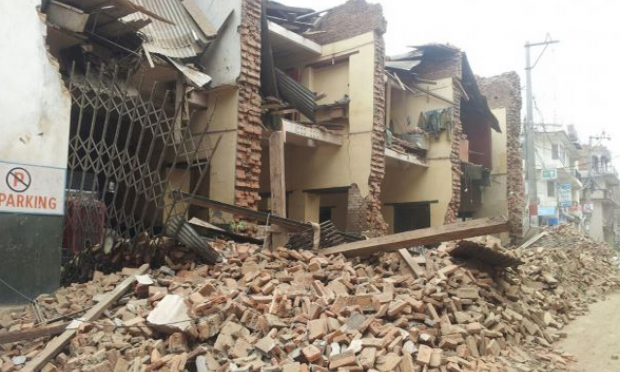
The 4 essential elements of disaster reporting on TV according to me are as under:
- Language and tone of voice must be serious and somber. However we found that these Johnnies were taking pride in their speech. At times they were energetically emphasizing how their channel was the first to display the disaster.
- There should be no unnecessary details, no sensational images to hook the audience. It is an accepted norm of disaster reporting not to show details which can evoke uncontrollable emotions. However, TV reporters were taking pride in bringing all the details for the information of the viewers. Evidently it appeared that reporter was engaged in a task most dear to him. And the task was to hook the audience. It was shameful indeed.
- No dramatization whatsoever of tragedies. Unfortunately some of the reporters of private channels devoted themselves to dramatizing the disaster. Their voice modulation and facial expressions depicted as though they were shooting a serial. They thought they were performing their job nicely. They disregarded the suffering of people around and their feelings.
- Never ask silly questions to people in grief: That is the attitude expected of everyone; more so of the media reporters. However totally disregarding the same – some channel reporters were even interviewing the people in grief. A mother who lost her son was3. No dramatization disaster is shameful indeed.
It appears television in our country has mushroomed very fast and the medium is often a abused rather than used. Our government should direct that only official Doordarshan or All India Radio should cover and provide all necessary information to news agencies and TV channels.
